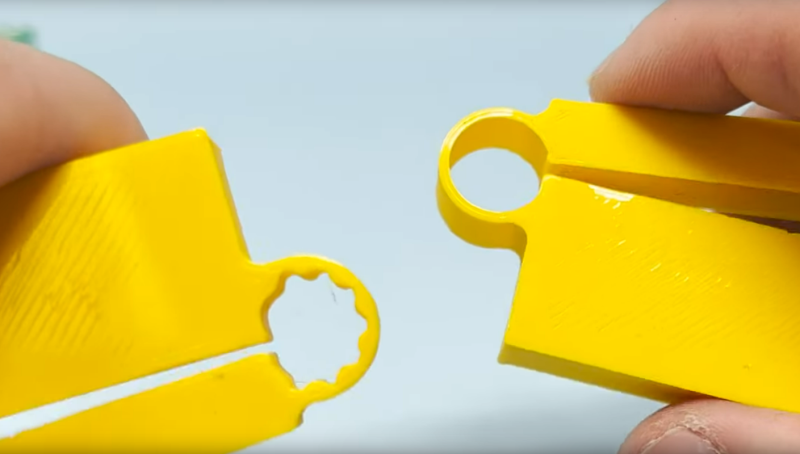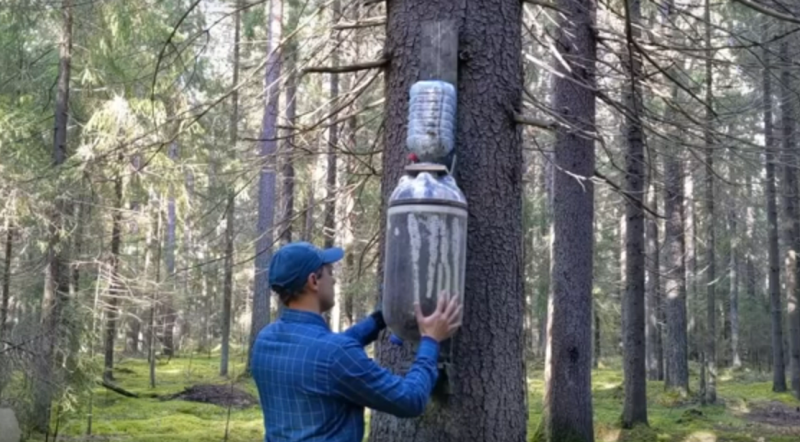Bacterial cellulose used to create new edible packaging material
We may soon be finishing off a box of cereal and then eating the bag it came in. Researchers have turned to bacteria-produced cellulose to create a composite packaging material to replace plastic. The material is not only robust and sustainable to prod… Continue reading Bacterial cellulose used to create new edible packaging material

